In stark contrast to the pace of city life, rural China’s mountainous regions are the perfect place to spend a few hours and wind down.
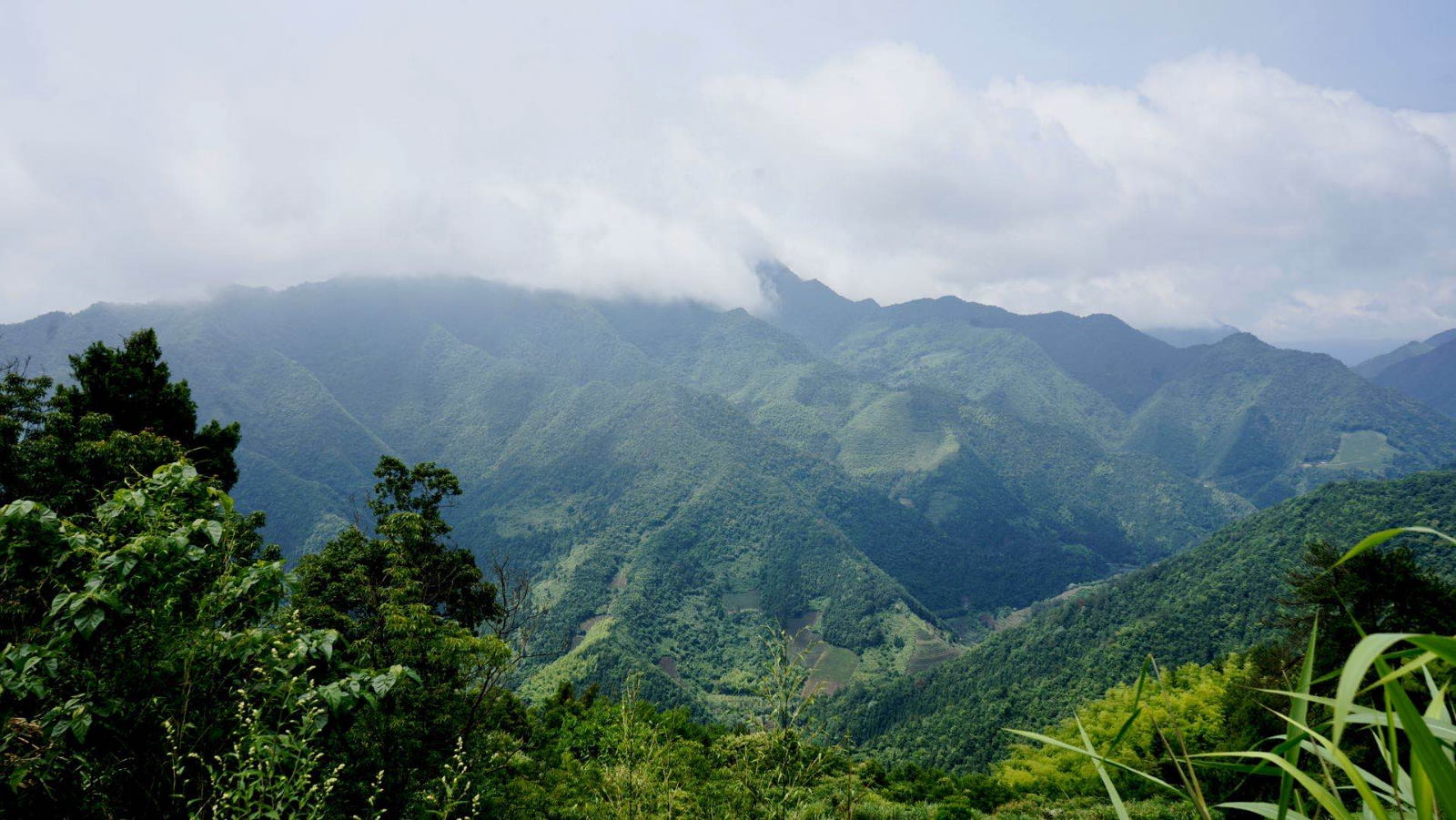
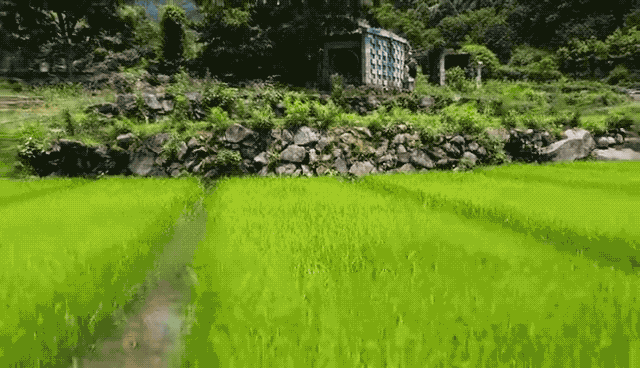
It’s easy to write off China with the same old stereotypes: cities full of gleaming glass skyscrapers enveloped in a never-ending roll of smog that comes in from the industrial hinterland.
However, the reality on the ground is often extremely different – just 90 minutes from Geely Holding’s Headquarters in Zhejiang’s provincial capital of Hangzhou is an area of rolling green mountains which is host to hundreds of rural villages.
As you leave the tech-driven city behind, you quickly enter a new reality of rural China
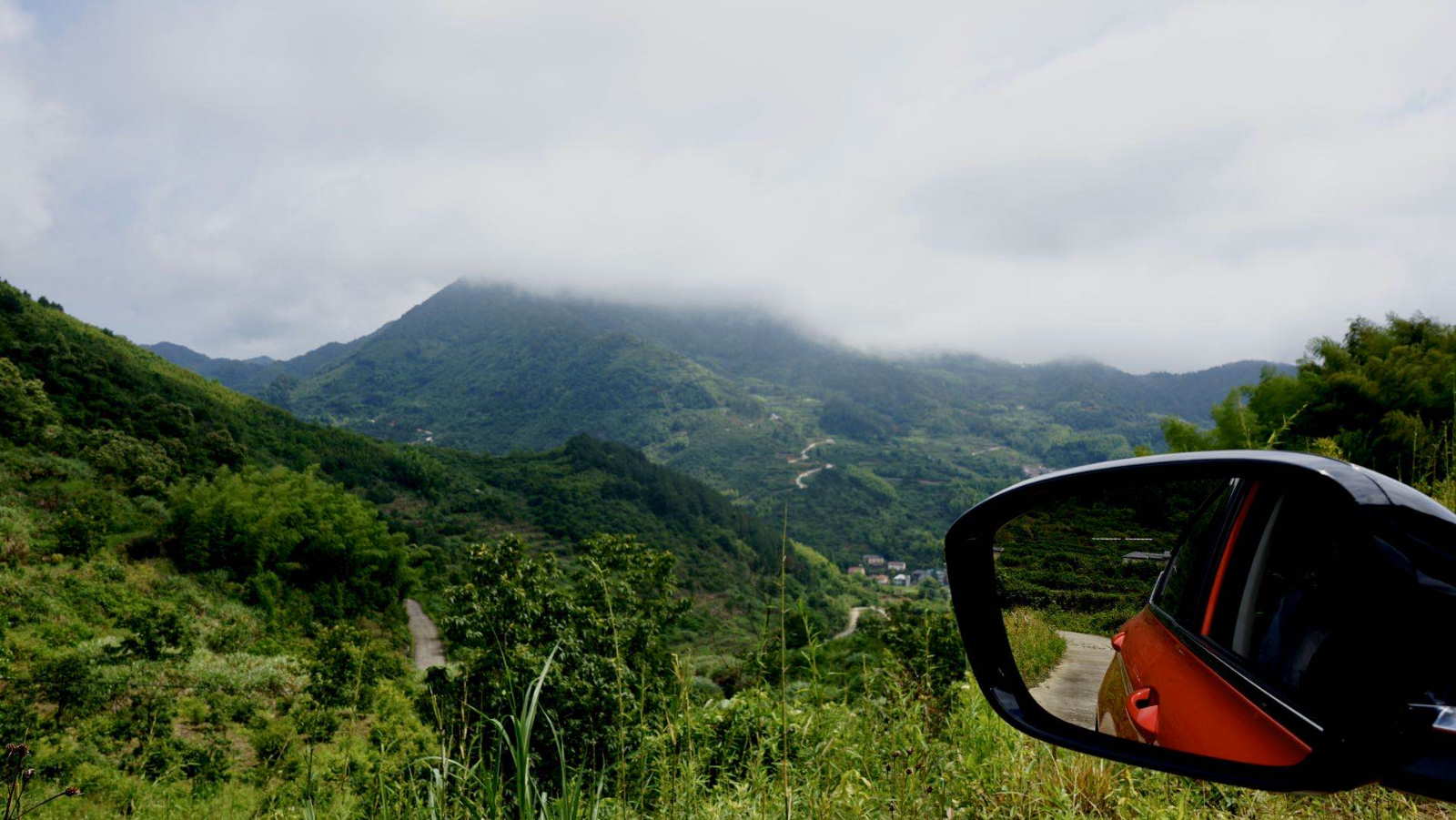
Pictured: Binyue ePro PHEV
Taking the highway out of the city is always a pleasure, especially after a rainy night when the rain clouds are still clinging to the mountain tips like heavy cotton hats. As you leave the tech-driven city behind, you quickly enter a new reality of rural China where everything changes from shiny glass to luscious green. This is not to say tech doesn’t exist in rural regions, as a quick stop in any roadside shop will quickly show you that mobile payments are still the preferred method for transactions.
Hangzhou is often contrasted to its famous neighbour of Shanghai for its relatively slow pace of life, and the nearby rural towns somehow manage to take this pace and slow it down even further. The green mountains and crisp air are a night and day difference to the muggy atmosphere in downtown Hangzhou, where during the warmer months the stifling humidity never seems to leave you.
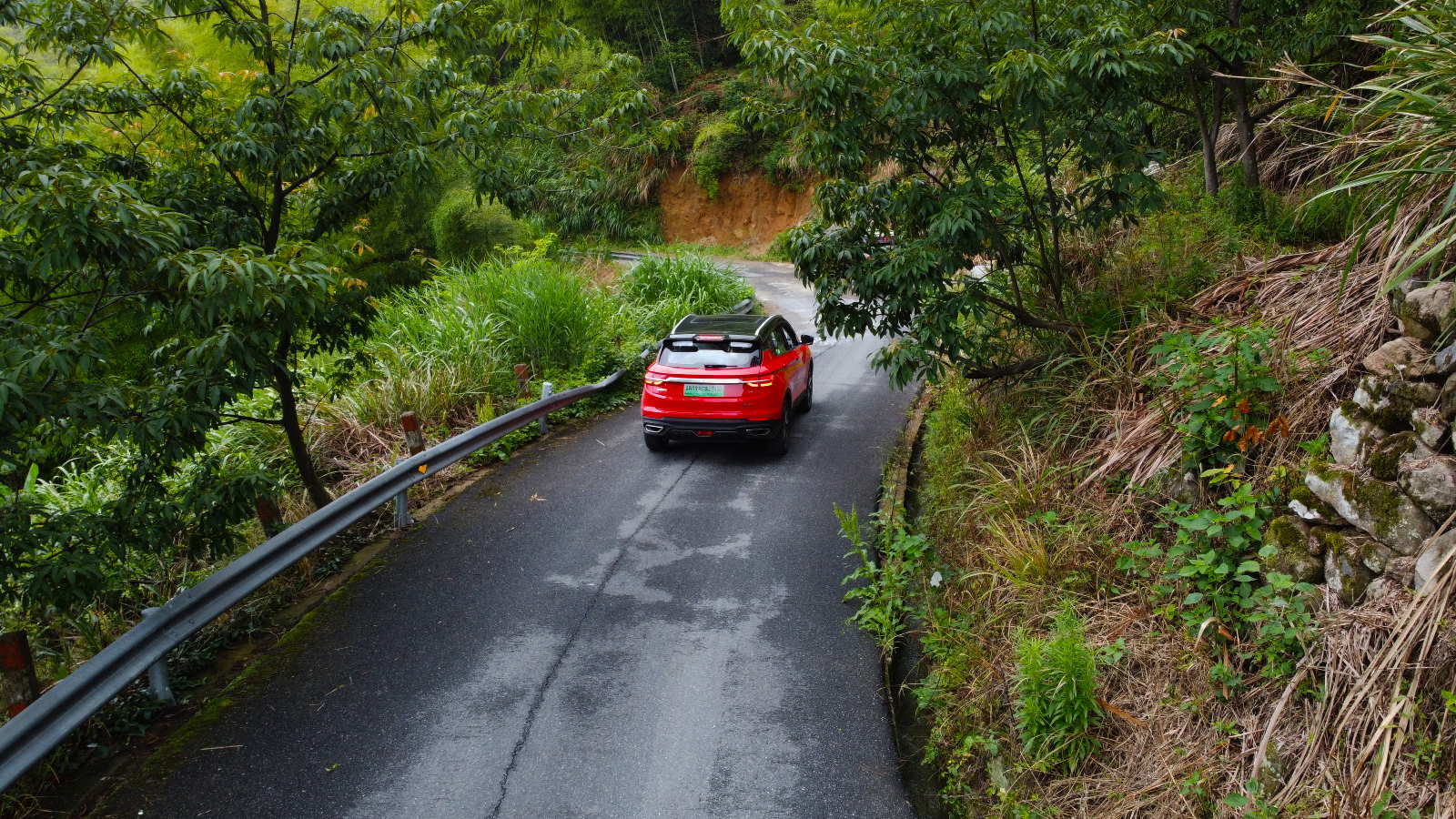
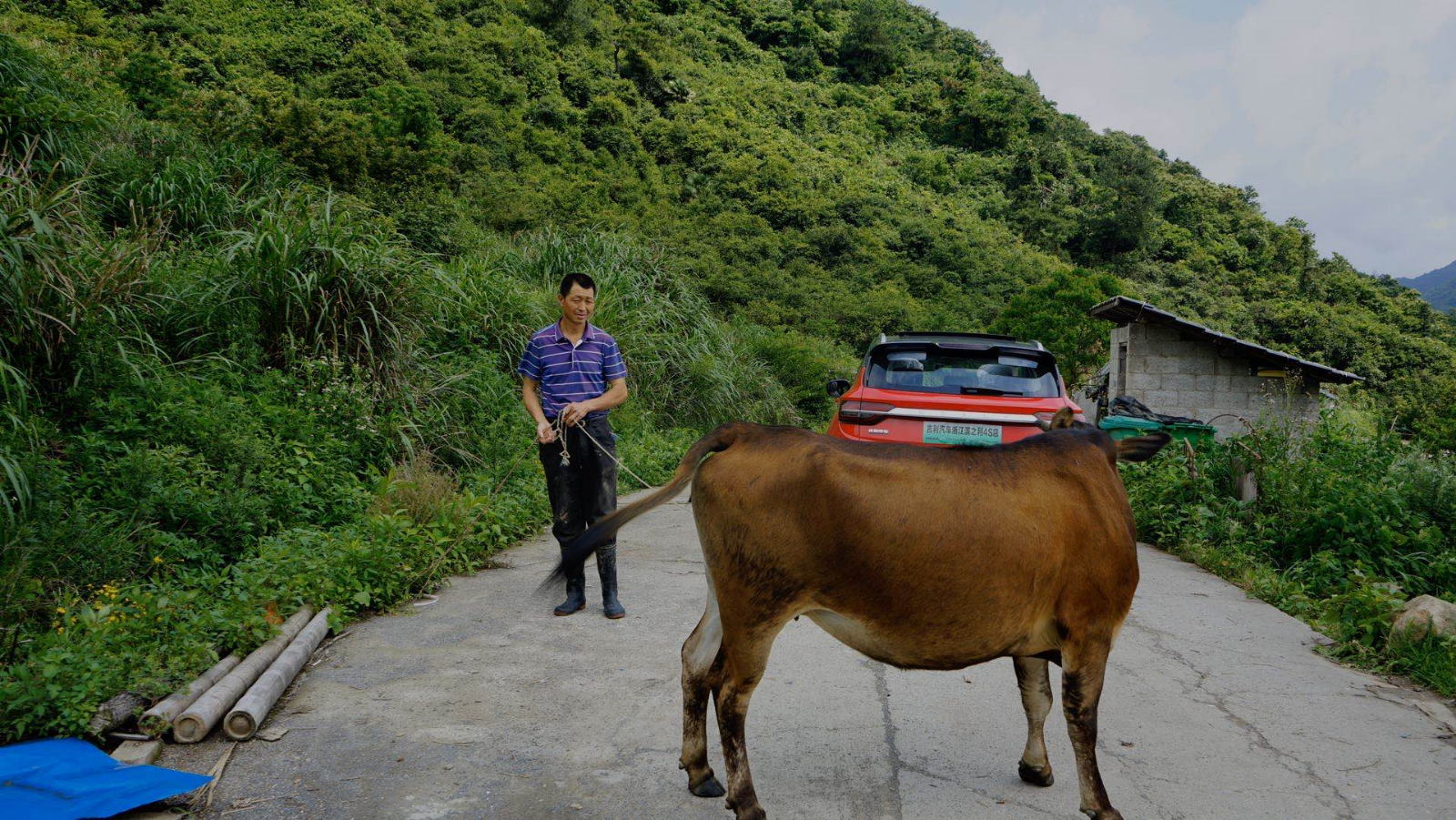
Venturing even further into the mountains, the roads are a relatively-recent addition, coming only in the past fifty years. Before that, ancient winding stairs hewn from the mountainside were used by villagers to cross the valleys that separated every village. Those stairs are still there today but are semi-retired, now only used by the occasional hiker or nearby tea farmers rather than serious foot traffic.
Breaking away from the major arteries of village roads and choosing more scenic routes you start to climb roads that haven’t been traversed by vehicles in some time. As China’s urbanization programs were accelerated over recent decades, lots of folks opted to move to nearby towns and cities, thereby giving up their increasingly lonely mountain lives. Some still live here, like Mr. Zhang, who has chosen to seek solitude at over 500m altitude where he spends his days farming vegetables and raising bees while taking in the impressive mountain vistas that surround him.
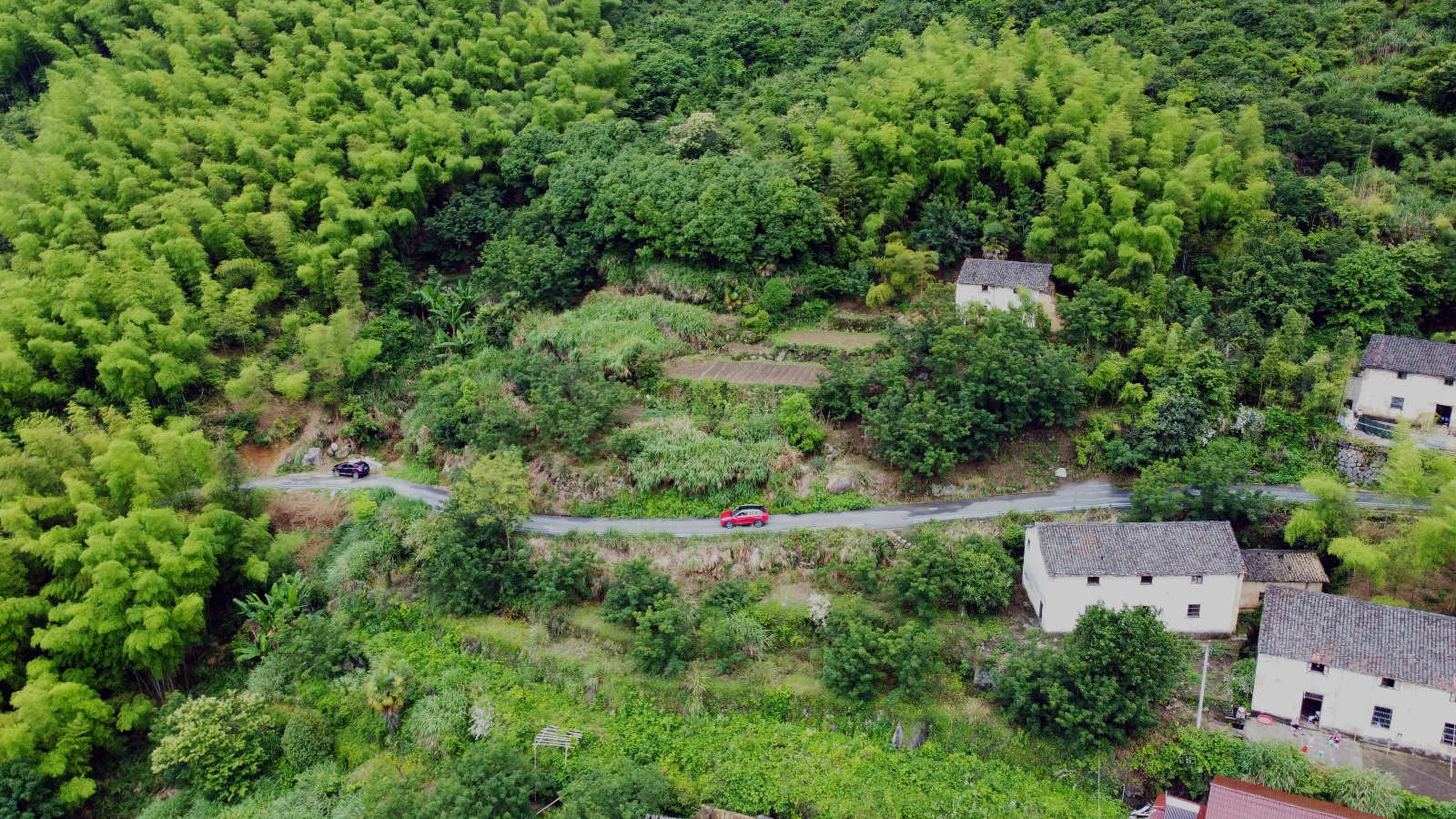
While Spring and Autumn are very mild here, they are sandwiched between the much harsher Summer and Winter months. Only the hardy are able to stay here all year round, but Mr. Zhang is keen to point out that his house is on top of the mountain, meaning it’s quite warm in Winter and relaxing in Summer.
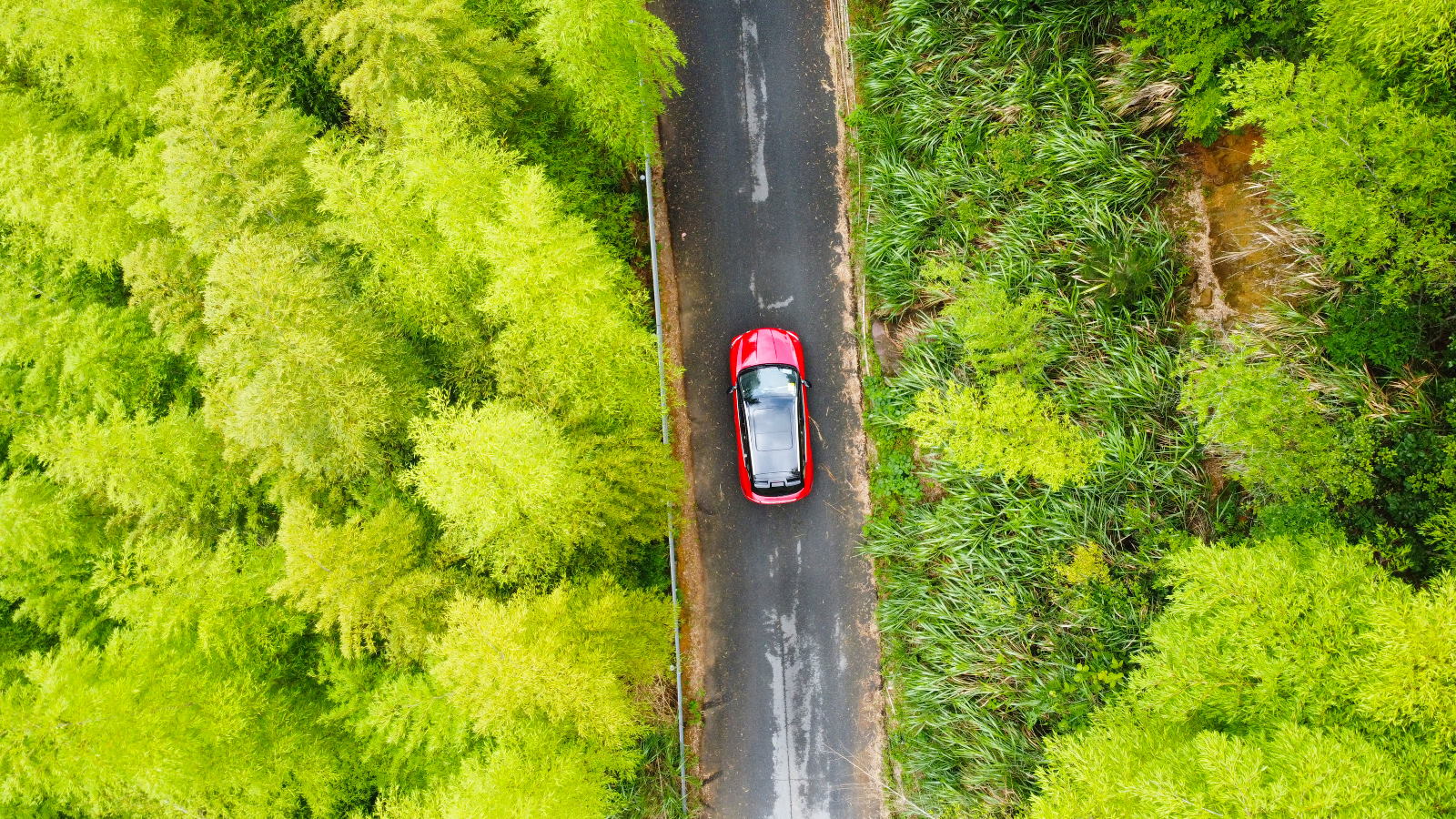
Pictured: Binyue ePro PHEV
Further down the mountain villagers have over the centuries carved out flat plateaus where they farm rice at a higher altitude than normal. The patchwork of paddies spreading across the valley gives a unique perspective of how hard life once was here. Yet, local people keep the tradition alive. Clean mountain water provides all of the nourishment farmers need here, replenishing the earth with minerals and allowing them to grow seemingly anything in the soft mountain earth.
After hours of exploring, it was time to return back to the city. From the rear-view mirror, you could see those low hanging clouds still rolling over the top of the mountain tops as if inviting you to come back and play. In five days’ time, once the work week is over, perhaps I will.


